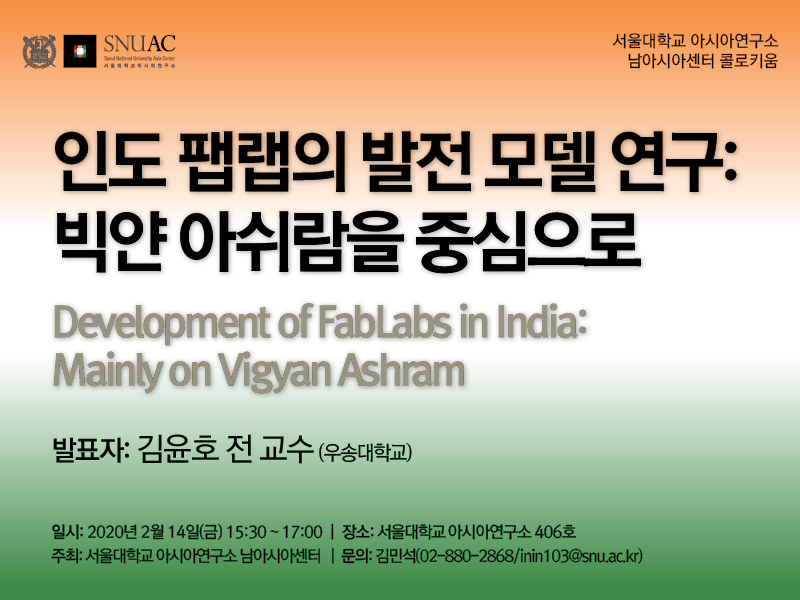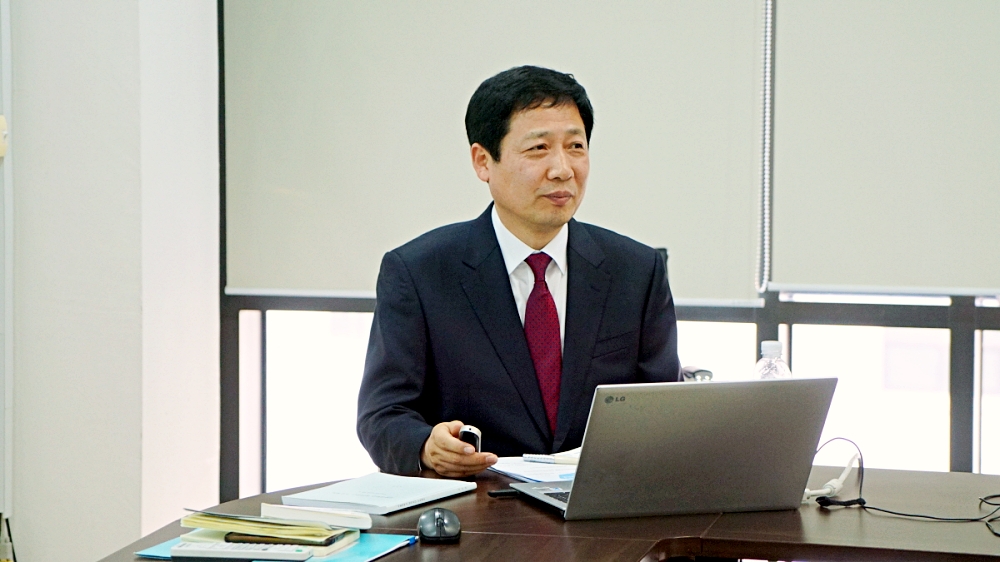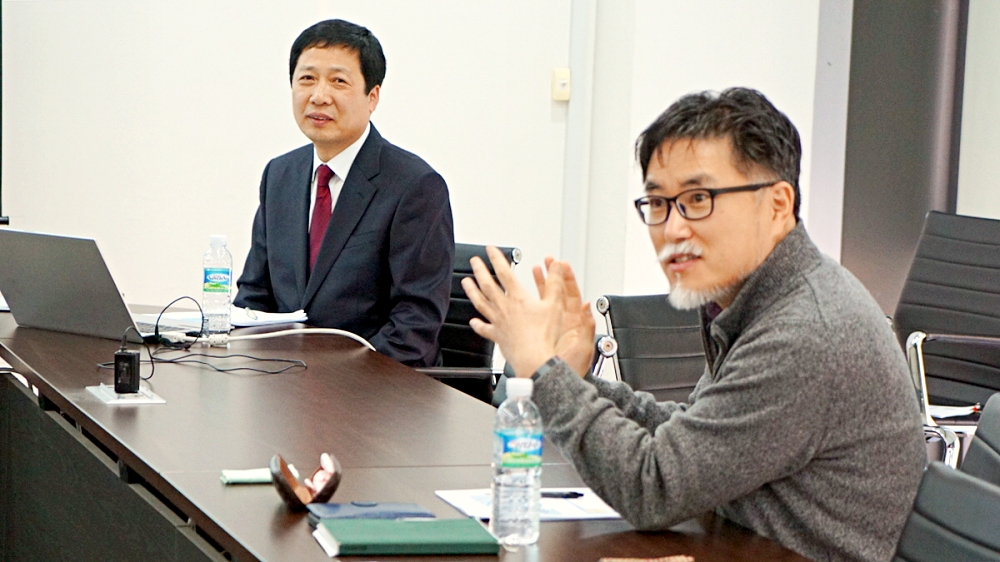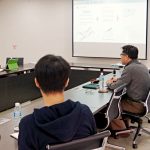Development of FabLabs in India: Mainly on Vigyan Ashram
- Date: February 14th, Thursday, 2020 15:30-17:00
- Location: Room 406, SNUAC (Bldg. 101)
In advanced countries, FabLabs are established as spaces of open source appropriate technology for learning and creating, not only as production space for start-ups or experts. In developing countries, FabLabs perform the role of a production site that produces and shares appropriate new technologies that reflect the needs of individuals or local communities.
In this research, first, we examine the case of Vigyan Ashram, an agricultural community (alternative school) as a modern version of the old Gurukula institution which successfully combined digital production of FabLabs and came to be reborn as a new community of the fourth industrial revolution. Second, through the evolution process of FabLabs in India, we explore a development model of FabLabs that suits local situations.
Yoon-ho Kim holds a B.A. from Dept. of Japanese Studies at Hankuk University of Foreign Studies, and received his M.S. and Ph.D. in business from the same university. He is a former professor of Woosong University, and currently works on researching low-income class and FabLabs of Asia. He is carrying out a research project on FabLab funded by National Research Foundation, and has published two books and two articles on FabLabs.
FabLab, also known as digital smithery or maker’s space, has its historical origin in Vigyan Ashram, a small alternative school in India, but has been renewed as a global FabLab with the project by Neil Gershenfeld, who is called the father of FabLabs.
With various aspects including profit generation, education and public work, FabLabs show sufficient potential to make a leap into super FabLabs that can be shared in wider regions or even in the world, along with the arrival of 4IR. Yet, considering diverse variables in the process, such as the government’s stance, level of education, level of living and level of technological advancement, their potentials must be diagnosed from a rational and realistic perspective.
Through this lecture, we diagnosed the diverseness and common aspects of many FabLabs that are on the one hand being activated worldwide from Vigyan Ashram but also facing the wall of profit on the other as their unique model and sought directions for the building of global FabLabs.
Photos by DooWon Chang (Academic Reporter)







